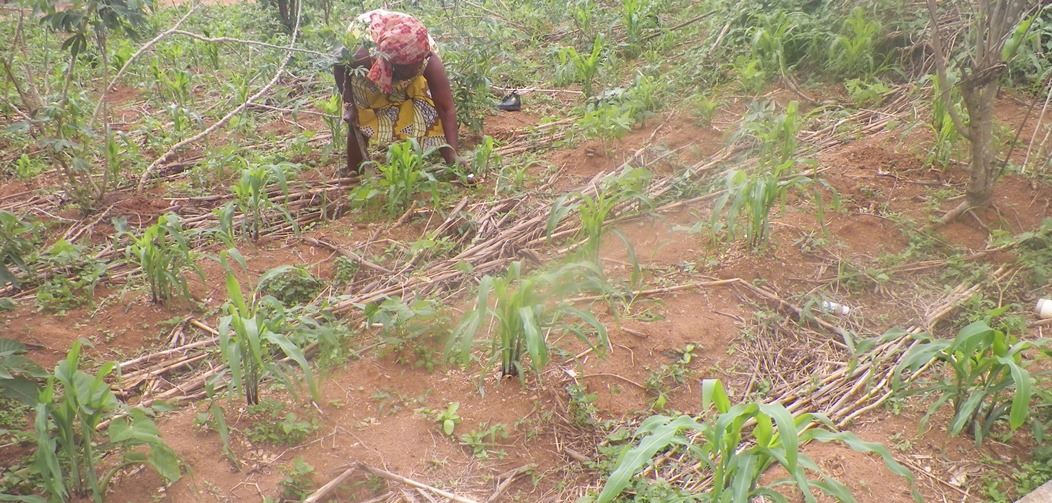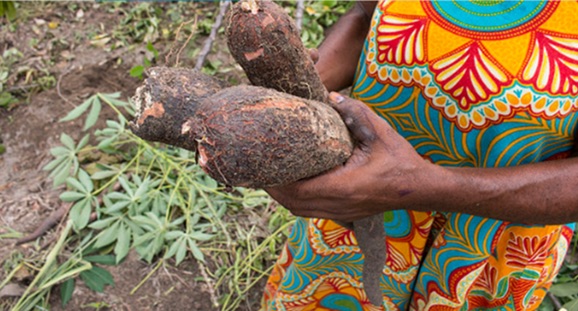
By Elias Ntungwe Ngalame
Ongoing land reforms in many African nations like Liberia and Cameroon are yet to incorporate any special protection for vulnerable groups, who struggle to claim ownership of natural resources, activists say.
But civil society organisations and other activists are intensifying their efforts to push governments to speed up land reform processes and establish clear legislation securing the rights of vulnerable groups to own, access and control land and other natural resources.
In Liberia for example the International Land Coalition (ILC) Africa, has added its voice to that of the Civil Society Organisations (CSOs) Working Group on Land Rights Reform in that country to demand for a people-centred land bill on land rights.
In a statement issued by ILC Africa’s Chair, Shadrack Omondi, on April 17 2018, the platform called on President George Weah and the Senate to review the Land Rights Act to ensure it responded to the needs of vulnerable communities.
« Liberia’s shared and sustained economic growth depends on secured land rights for communities and vulnerable groups, » the statement noted.
It points out that the Land Rights Act (LRA) in Liberia as passed in August 2017 does not offer adequate protection for community land rights and thus risks plunging the country into another cycle of conflict.
Research suggests land disputes continue to fuel resource based conflicts in Africa. Such disputes mostly arise from weak land and natural resource tenure, which causes power imbalances and pushes different groups to their limits.
« Conflicts break out as communities seek for extra judicial solutions to secure their lives and livelihoods. Liberia’s Land Rights Act is a unique opening to ensure secure access to land rights and improved livelihoods for all, especially women, youth and Indigenous Peoples, » the statement notes.
It called on the President and the Senate to seize the opportunity to build a strong, peaceful, just and equitable Liberia – and ensure that it can attract investments for development that is sustainable and the benefits from which are equally distributed.
A similar call was made in Cameroon recently by women land right activists for African leaders to institute land reforms that include legal safeguards to protect women’s rights to land ownership.
The African Women’s Network for Community Management of Forests, RECAFOF, an international NGO, believes only reforms that include legal safeguards giving women equal say in decisions made by customary and state authorities on managing land and forest resources will boost gender equality on the continent.
“We know that wherever land rights are being ignored, women are indisputably the most affected. Banding together and raising awareness of these issues is the first step toward ensuring all women’s rights are recognised,” Cécile Ndjebet, president of REFACOF, said in a statement.
Key to development
Ongoing land reforms in African nations such as Liberia, Cameroon, Chad, Cote d’Ivoire, Democratic Republic of Congo, and Senegal are yet to incorporate any special protection for women and other vulnerable communities according to ILC and REFACOF.
Congo, and Senegal are yet to incorporate any special protection for women and other vulnerable communities according to ILC and REFACOF.
“Globally, people are beginning to understand the contributions women make to development. The importance of securing land rights for women in achieving development can therefore not be over-emphasised,” said Ndjebet.
The ILC statement on its part called on the inclusion of all stakeholders, and especially communities, in finalising the land Bill, for Liberia to move to truly people-centred land governance and improve the lives of 85% of its population living in rural areas and depending on land for their shelter and livelihoods.
« We call upon all stakeholders to intensify their efforts towards promoting dialogue. We hope consensus can be built on how to strengthen the Bill and use it as a tool for promoting unity, wealth creation and sustainable peace, » ILC Africa’s chair, Shadrack Omondi said.
It should be recalled that in 2014, former President of Liberia, Ellen Johnson Sirleaf presented the Land
Rights Act (LRA) and in 2017, the Lower House of Parliament of Liberia vetoed the bill. However, with some newly added and amended provisions, Omondi fears the bill could undermine community land rights and create future tensions.
Liberia’s Poverty Reduction Strategy Paper notes that women are major players in the agricultural sector, making up the majority of small-holder producers and the agricultural labour force.
Women produce some 60 percent of agricultural goods and carry out 80 percent of trading activities in rural areas, but they have less access to productive inputs than men, including land, skills training, basic tools and technology, the strategy says.
The situation is similar in many developing countries, especially in Africa. In Western and Central Africa, generally less than 10 percent of landholders are women, according to data from the U.N. Food and Agriculture Organisation.












